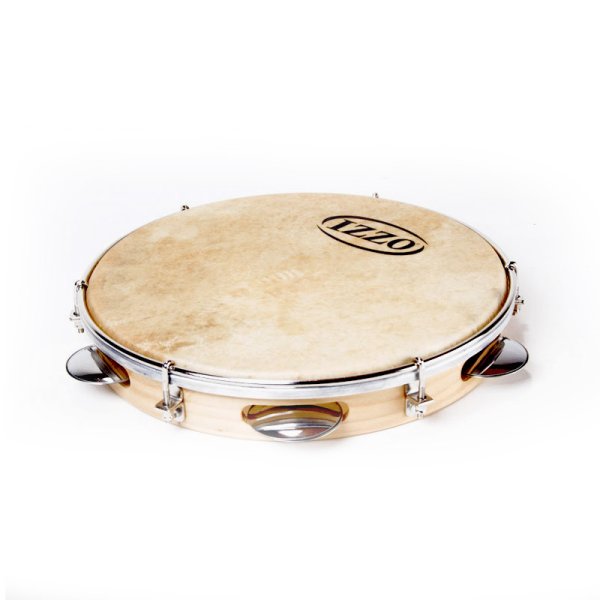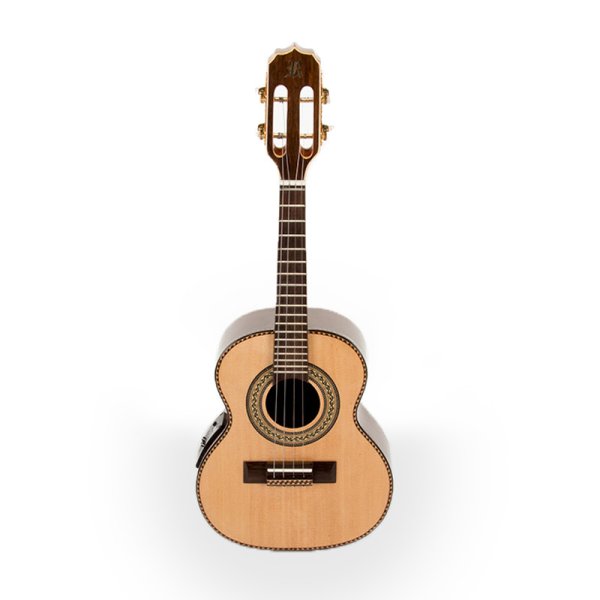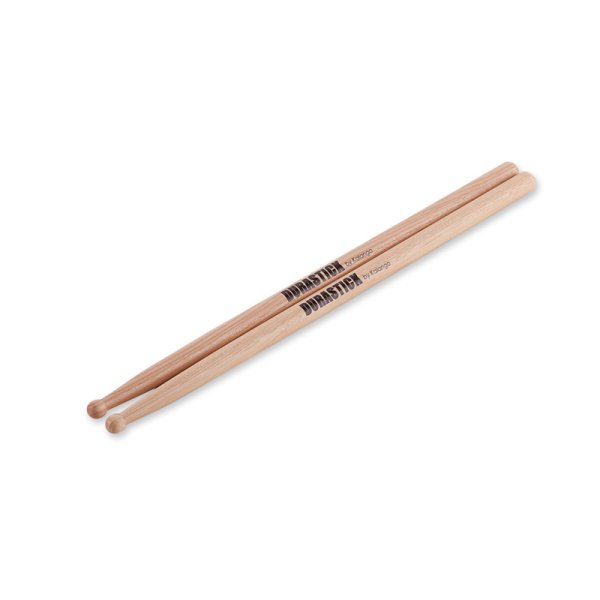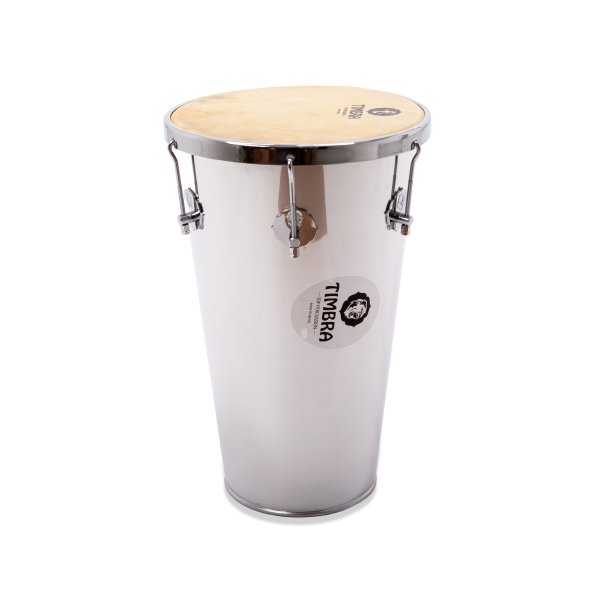Losening up the lockdown rules - how to relaunch Samba rehearsals after Corona?
2020 - what a strange year it's been. After a long break of not rehearsing and meeting other people, now finally the time has come to start getting back together and commence regular rehearsals. Music lessons, meetings in small musical groups and group rehearsals are possible again in some countries around Europe, but not without further ado and only under certain conditions. What is the best way to start? What needs to be considered? What hygienic measurements need to be introduced?
We talked with our colleague Eddie Zuber, who lives in Berlin, is the main tenant of a rehearsal space in the 'SambaEtage' which he also sublets out to other groups and is therefore constantly in touch with some of the big Samba bands in Berlin. Eddie has been active with Samba groups for a long time e.g. with Bloco Caju, Bloco Explosão (Berlin's biggest Samba Reggae Bloco), Catapora and Ilù Àiya Zürich. He occasionally also plays with Sapucaiu no Samba (Berlin's Rio-style Samba school), the HeartBeaters and Bloco da Vez. He is also a founding member of the Bahia Connection, Europe's largest multi-country Samba Reggae concept.
Kalango
Hi Eddie, thanks for sharing your lockdown experience with us!
The lockdown in Germany was not as strict as for example in Italy or Spain. Were you able to rehearse at all during this time?
Eddie
During the 'contact ban or social distancing period' - as it should rather have been called in Germany - we were of course not allowed to rehearse as a band. However, some people continued to use the premises and under hygienic precautions sometimes two or three of us rehearsed together but with a large safe distance, which was probably rather unofficial.
Kalango
What would you say is the best way to start meeting up again as a Samba group and what do people need to know when relaunching their rehearsal routine?
Eddie
Well, firstly it depends on the regional regulations of what is allowed and what is not. Music schools in Berlin, for example, have been open again since May 8th, but only to a very limited extent and only in accordance with a sophisticated hygiene concept. Keeping your distance, of course, but attendance and contact lists must also be kept, so that in the event of a new outbreak, it is possible to trace who else might be affected. Here in Berlin, currently only 5 students plus 1 teacher are allowed in one room. It is a bit easier with other educational offers for adults where the restrictions are based on a person-per-area calculation, so the maximum number of participants depends on the actual size of the room, but the minimum distance of 1.5 m and a hygiene concept are also mandatory. In our 50m² room we can rehearse with a maximum of 12 people.
Kalango
What kind of additional organisation for Samba groups is necessary now?
Eddie
The group leader has to inform and educate himself and the other players about what is allowed and what is not. If, for example, only 5 or 8 people are allowed to play in a room, this must be coordinated in advance so that not 15 players appear all at once. Contact tracing is very important. The group leader has to take note of email addresses, phone numbers and addresses of the players to ensure that in case of an infection possibly affected people can be informed. Participation lists must also be kept. The documentation and keeping of these records is obligatory here. Those who not risk incurring severe fines. It's quite formal actually.
Communal rooms such as break areas or kitchens should be avoided, one must also be careful in staircases and narrow corridors, where one cannot easily avoid each other. Here in our house, face masks are strictly required. If you want to have a beer with your buddies after the rehearsal, you have to bring your own. Our kitchen is currently closed, it would not be very clever if we kept all these precautions and after the rehearsal everybody runs out to grab the same fridge door handle..
Kalango
What kind of safety measurements do you use?
Eddie
We have set up a complete Coronavirus kit. At the entrance there is a big bottle of disinfectant, so everyone who comes in, the first thing to do is to disinfects hands. In all toilets there are now disposable paper towels and waste bins to avoid everybody using the same towel. Actually, it's not complicated. Everything is possible if you use your common sense. The most important thing is the attendance list, so that in case of a positive test all possible contact persons can be informed.
IT'S ACTUALLY NOT COMPLICATED - JUST USE YOUR COMMON SENSE
Most important things at a glance:
- When you come in, immediately wash your hands and disinfect them
- keep a distance
- wear a face mask
- manage an attendance list and keep it
- communicate
Kalango
Wouldn't it be easier to move the rehearsals outdoors?
Eddie
We had actually considered this and then decided against it for various reasons. On the one hand, playing outside is only possible to a limited extent. But rehearsing outside on a regular basis is difficult and also not so easy to control. We have contacted the Berlin Parks Department to explore the option of extra outdoor-rehearsals, but have not yet received an answer. You could certainly play outside, but it would be logistically more complicated. First, you have to get the drums there, transport can quickly become difficult in the big city, especially when avoiding public transport; then there are probably residents you have to take into account, and the acoustics outside can also be problematic. Especially for inexperienced groups, playing on grass is a challenge, in particular if you trying to keep your distance; the grass soaks up a lot of sound, so the acoustics also make the rehearsal more difficult.
Kalango
How do you clean your instruments and musical gear?
Eddie
We use normal hand disinfectant for cleaning the drums. High-proof alcohol evaporates quickly, we simply put some of it on the paper towels and wipe the instruments or accessories we share. The alcohol is also suitable for natural skins, as long as you don't use large quantities and only do it temporary. It is important not to put the disinfectant directly on hide heads, put it on the paper towel first. The same applies to the equipment. Agree with your band mates not to touch the fabric of the mallets, the handles are easy to clean, but the fabric is tricky. Before things go back into the communal box, we disinfect them. Everything that has been touched is disinfected. It's a change, but you'll get used to it. If you bring your own gear and only use it yourself, you don't need to disinfect it every time, of course.
Everything that is touched gets disinfected.
Kalango
How is the atmosphere in the groups?
Eddie
There are no festivals or events at the moment, so there's not much excitement, yet the atmosphere is still good. Some people don't yet dare to come to the rehearsals, but many have started showing up again and contribute to the room rental, support teachers and participate regularly. People are definitely eager to play!
Kalango
What did you miss most?
Eddie
Being together, having a beer after the rehearsal, seeing other people, socialising. Not so much the drumming, more like hanging out with friends.
Kalango
In case of a second wave, what would you do musically differently?
Eddie
Online rehearsals and technique courses on the computer like they were already offered all over social media. In any case, setting up substitute services is important and then making them available e.g. via Zoom. As a group leader you can also go to your rehearsal room alone, prepare things by yourself, arrange, make material available online etc. Stick technique is ideal for such times. Let's hope that there is no second wave and things don't break off as abruptly as they did the first time.
Kalango
Your tips to get groups all set again?
Eddie
Use the time, even if you can't yet use a rehearsal room. Do body percussion, watch Youtube videos, seek inspiration, listen to music, practice stick technique. These are all things everybody can easily do from home, even if you are not actively playing a drum. Anyone can work on the feeling that the music gives us. For example, you can pick out a piece from a few well-known Bloco or a Samba school and work on it, recognize differences, listen to rhythms, train yourself. And stick technique! (Can't say it often enough). Do that on a towel at the table, on a pillow, on the couch - there are 100 places where you can practice this in any flat.
_______________________________
Eddie Zuber is subtenant for one of the rehearsal rooms of the 'SambaEtage' in Berlin, which belongs to the association Bloco Caju e.V. (non-profit association for Afro-Brazilian percussion in Germany). Eddie has been working with Kalango since 2015 and has been touring the samba scene for 22 years. He has given workshops at the Sambasyndrom in Berlin and at the Sambanale Badbergen, coached the group Ilù Ayà (Samba Reggae Zurich) in Switzerland for some time and is often on the road as an assistant and interpreter for well-known Afro-Brazilian musicians, e.g. with Mestre Memeu (Olodum), César Veloso (former Malê Debale), Mario Bomba (Muzenza), Mestre Gordo (Cortejo Afro), Marivaldo Paim (Ilê Ayiê), Mario Pam (Ilê Ayiê), Crá Rosa (Barcelona).
_____________________________
Videos below:
- Body percussion
- Malê Debalê explain their instruments and voices
- Top 5 paradinhas to play at home
- Pandeiro, tan tan, tamborim play-along
- Sticktechnique home training
- Olodum explain their instruments and voices












